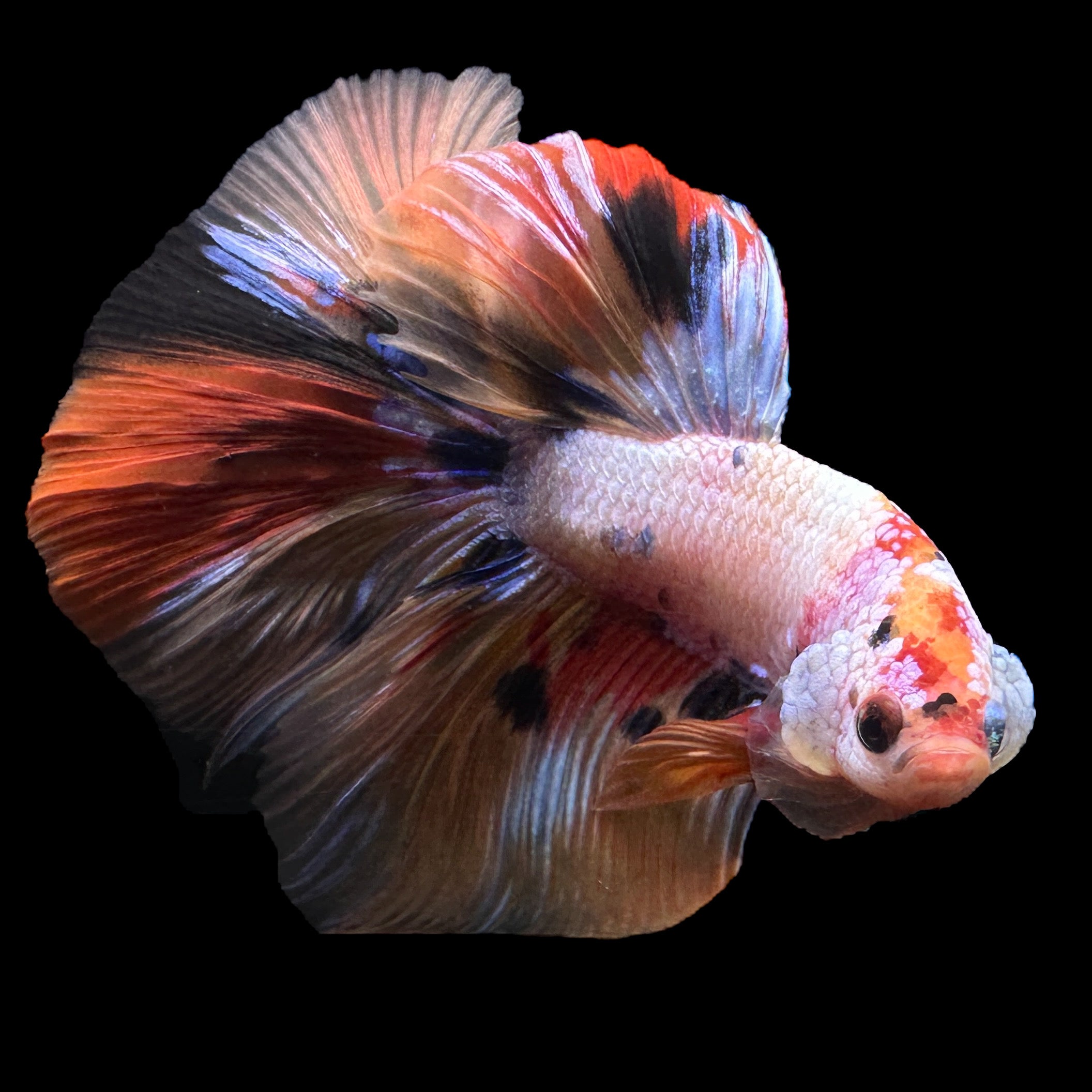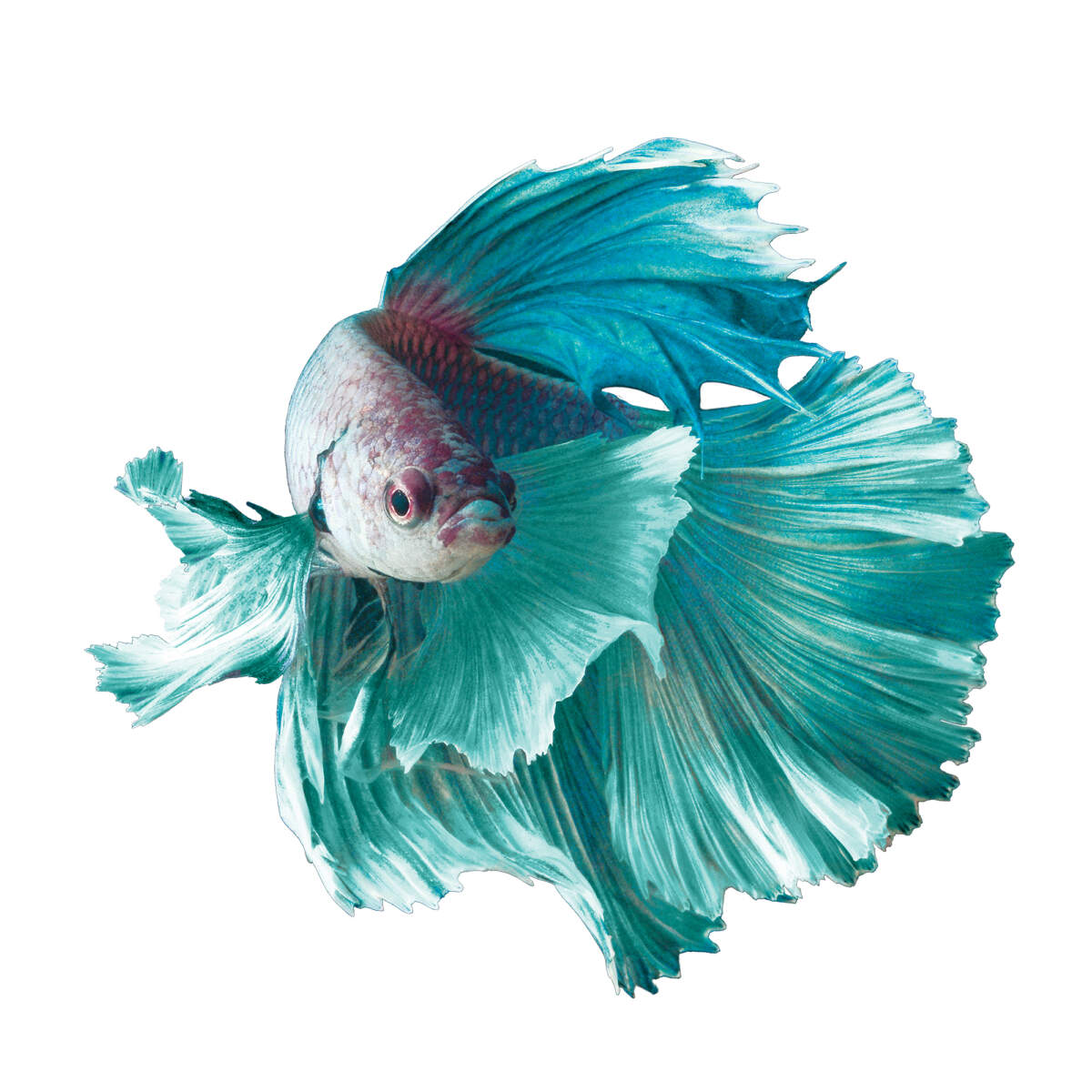The Ultimate Overview to Betta Fish Care: Essential Tips for Keeping a Healthy and Thriving Fish Tank Atmosphere
Reliable Betta fish care necessitates an extensive understanding of their special environmental and physical needs. Establishing a suitable aquarium starts with selecting the right storage tank size and making sure ideal water problems, which are critical for the wellness and wellness of your Betta.
Choosing the Right Tank
Picking the ideal storage tank for your Betta fish is crucial to guaranteeing its wellness and wellness. Bettas grow in settings that resemble their natural environments, which generally contain tranquility, cozy waters. A container dimension of at least 5 gallons is recommended to provide ample swimming area, as smaller tanks can lead to anxiety and wellness concerns for these vibrant fish.
When selecting a tank, think about the container's form and filtering system. Additionally, a dependable filtration system is essential to keep water quality and decrease the regularity of water modifications.
Temperature policy is one more vital aspect; Bettas favor water temperature levels between 76 ° F and 82 ° F. Spending in an excellent heater will guarantee that the water stays within this array, promoting a healthy and energetic way of living for your Betta. Finally, supplying suitable container decorations and hiding places will certainly help in reducing stress and urge all-natural behaviors, further enhancing your Betta's well-being.
Maintaining Water Quality
Maintaining optimum water top quality is essential for the health and wellness and durability of Betta fish. This calls for routine surveillance of various specifications, including temperature, pH, ammonia, nitrite, and nitrate degrees.
The pH level should preferably drop in between 6.5 and 7.5. Regular screening utilizing a reputable water testing set can aid make sure these specifications continue to be within the appropriate arrays. Ammonia and nitrite levels must always be at 0 ppm, as also reduced focus can be harmful to Betta fish. Nitrate degrees ought to be kept under 20 ppm to stop lasting health problems.
Routine water changes are important to keeping water high quality. It is advised to alter 25-50% of the storage tank water weekly, relying on the storage tank dimension and stocking degrees. Utilizing a top notch water conditioner can help get rid of unsafe chemicals from tap water, making sure a risk-free environment. In addition, integrating a robust filtering system can assist in preserving water clarity and quality, supplying a healthier environment for your Betta fish.
Perfect Feeding Practices
Providing a balanced diet regimen is vital for the health and wellness and vivid coloration of Betta fish, as their dietary demands play a significant duty in their total wellness. Betta fish are meat-eating by nature, needing a diet high in healthy protein. A combination of top notch pellets, frozen or online foods such as bloodworms, salt water shrimp, and daphnia can supply the necessary nutrients they need.
Feed your Betta fish 2 to three times a day, offering just what they can eat within 2 to 3 mins to stop overfeeding and keep water high quality. Overfeeding can lead to weight problems and wellness concerns, including swim bladder condition. It is necessary to check their nutritional intake and readjust part dimensions as necessary.
Along with healthy protein, a balanced diet regimen must include vitamins and minerals to advertise optimal health have a peek here and wellness. Take into consideration supplementing their diet plan with high-quality flakes or pellets specifically created for Betta fish, as these often have needed additives.

Developing an Ideal Environment

Water quality is extremely important; preserve a temperature in between 76 ° F and 82 ° F, and ensure the pH degree ranges from 6 - betta fish.5 to 7.5. Routine water adjustments of 25-50% each week will assist maintain toxic substances away and ensure a secure environment
Incorporating plants and hiding spots is crucial, as Betta fish are naturally territorial and appreciate having locations to explore and pull back. Live or silk plants, in addition to caves and accessories, can develop a stimulating environment.

Routine Wellness Checkups
Carrying out regular wellness examinations is vital for making sure the well-being of Betta fish, as early detection of potential problems can avoid major wellness problems. These check-ups should include a detailed evaluation of the fish's physical condition, actions, and environmental factors.
Begin by Get the facts observing the Betta fish for any kind of indicators of distress, such as sleepiness, anorexia nervosa, or uncommon swimming patterns. In addition, check the fins and body for indicators of staining, lesions, or fin rot, which can indicate infections or parasites. Consistently keeping an eye on the water quality in the fish tank is similarly critical; parameters such as pH, ammonia, nitrite, and nitrate levels should be maintained within optimum ranges to stop stress and disease.
Moreover, consider keeping a log of health and wellness observations and water quality examinations. Prompt treatment can make a substantial difference in the recovery of your Betta fish, making sure a lengthy and healthy life in a well-kept fish tank setting.
Conclusion
To conclude, successful Betta fish treatment pivots on producing and keeping an ideal fish tank environment. Key aspects include picking a suitably sized storage tank, making certain regular water quality, adhering to suitable feeding practices, and developing a habitat that reduces tension. Regular health and wellness check-ups are vital for very early detection of potential issues. By adhering to these standards, aquarists can advertise the wellness and vibrancy of Betta fish, eventually leading to a thriving water environment.